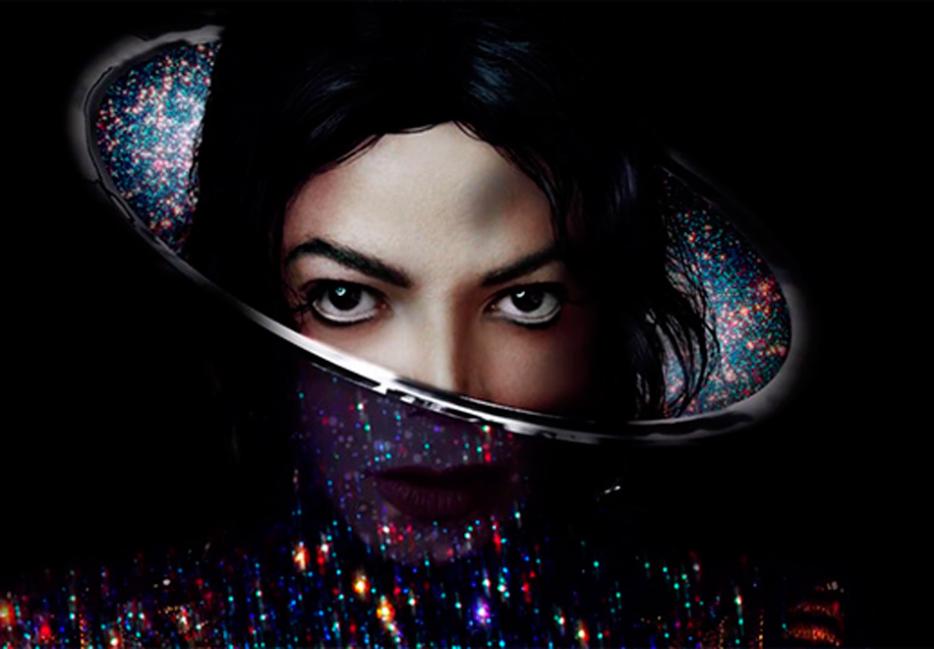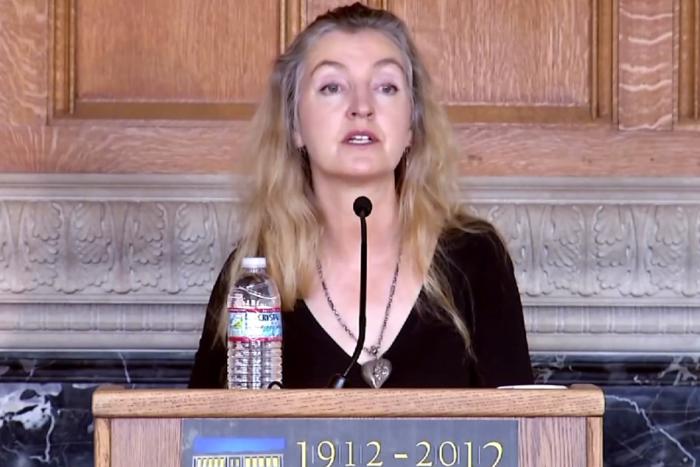“Michael Jackson was most himself when he was someone other than himself,” Hilton Als wrote after his death, recalling sentiments in gay black clubs like the Paradise Garage, where you might hear a song he gave to the older women he idolized: “You’re a snake that’s on the loose / The strike is your desire.” This was not long after purging adult masculinity from his own singing voice, as John Jeremiah Sullivan described in another posthumous essay:
He isolates totally different configurations of his vocal cords, finding their crevices, cultivating the flexibility there … Whether the process is conscious in Michael's case is unknowable. He probably evolves it in order to keep singing Jackson 5 songs every night through puberty. The startling effect is of his having imaginatively not so much castrated himself as womanized himself. He essentially evolves a drag voice.
I wonder what they would make of that MJ hologram puppeteered onstage at last Sunday’s Billboard Music Awards—a simulation turned unnerving by its very realism, as if the animators watched Michael Jackson dancing and thought mechanical precision was the astonishing part.
Those moonwalks, revolver-draws and other moves are also on display in a more charming tribute: the music video for his “new” single “Love Never Felt So Good,” where a multitude of cute dancers/models/kids giddily emulates them. Maybe choreography remains the only uncomplicated piece of the Jackson legacy. Of all the outtakes and demos reworked by Timbaland et al for his posthumous album Xscape, “Love Never Felt So Good” is the oldest—it was written with Paul Anka (!) three decades ago and appeared on a Johnny Mathis LP soon afterwards. Feathery disco being au courant again, that makes the new version’s nostalgia oddly telescopic: 2014 searching 1983 for evidence of 1979. There’s only surface resemblance to Off the Wall, an album that still sounds as if it were recorded at the precise moment of Chic’s greatest cultural influence, but in 1983 Jackson was singing any breezy pastiche with joyful fluency, and the arrangement follows his example.
There were smaller formal developments, too. Starting with Dangerous, Jackson often hired new jack swing producers like Teddy Riley; he’d chop up his singing to match their beats, or lean off the canes of his vocal tics (eeeeee-hee) and into this agonized howl. Many of his best later songs sound radically distilled. The funk numbers (“2000 Watts”) harden into unmarbled minimalism. His ballads—the hiccupping murmur of “Stranger in Moscow,” or pretty, elusive “Butterflies”—become so airy they could dissipate, as their creator finally did. The standard amateur psychoanalysis goes like this: Denied simple affection, Michael Jackson sought adoration on an ever more Stalinist scale. As John Jeremiah Sullivan suggested, the unspoken implication, devoid of tragically comforting neatness, is that he spent several decades succeeding. Xscape doesn’t begin to grapple with any of this, shying away from weirdness to skillful conservatism. You can’t worship and interrogate at the same time.
Hilton Als wrote that Michael Jackson’s appeal, especially to regulars of places like the Paradise Garage, “lay partly in his ability to find metaphors to speak about his difference, and theirs.” His friendly ease was what got them across, not the thing itself. So I wonder, still: What if he cherished his distance from everyday life, “ordinary people” being the ones who beat him with an electrical cord or studied the gradations of his skin tone? Did he look at his unrecognizable face and see only beauty? If you lavish studio expertise on an attempt to conjure some perfect and unbroken Michael, one whose father did not treat their family like industrial machinery, whose feet only glance against the surface of the earth, is that just strangely respectful desecration?






